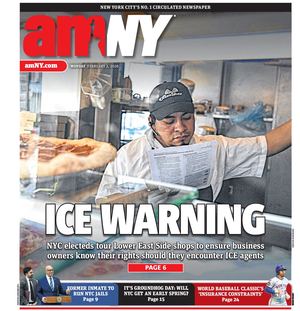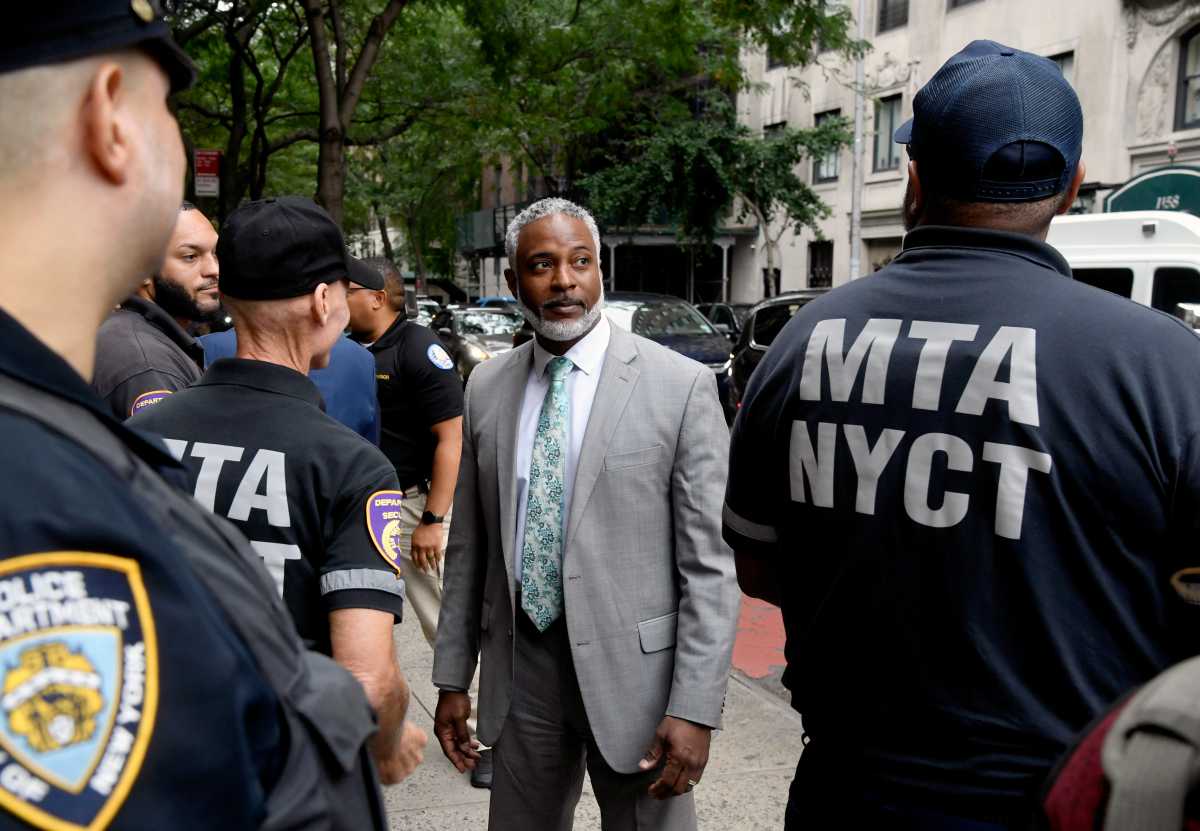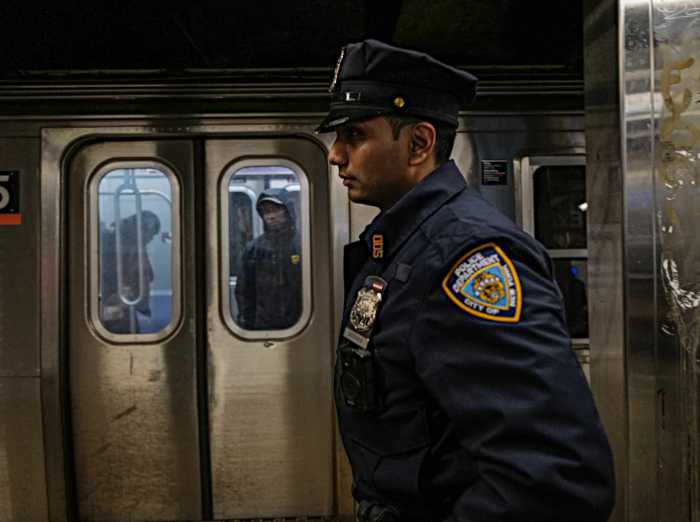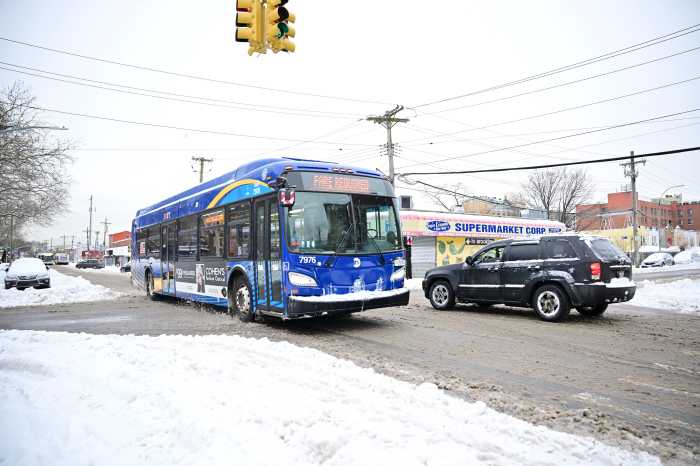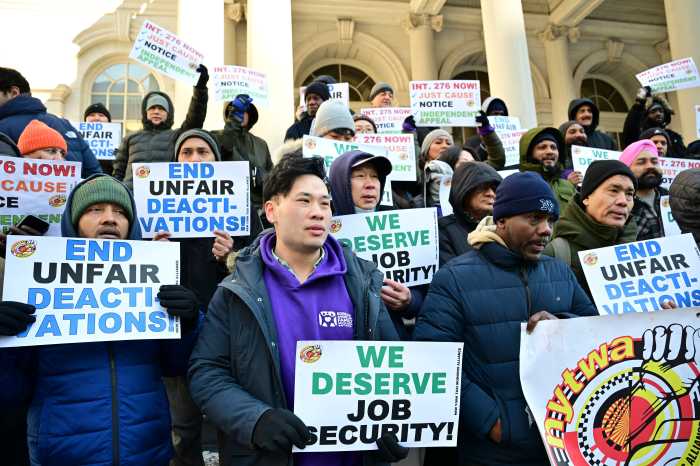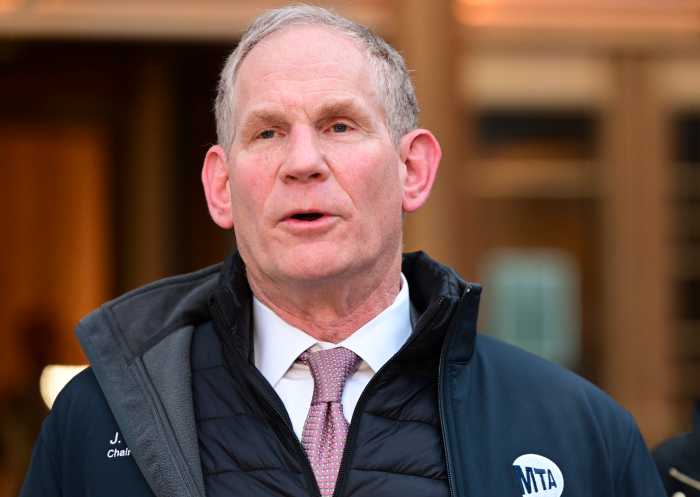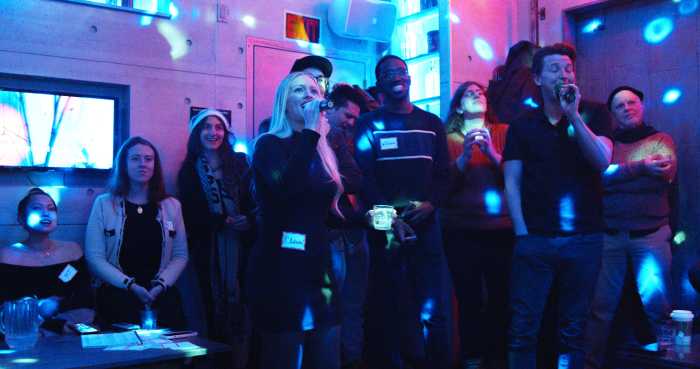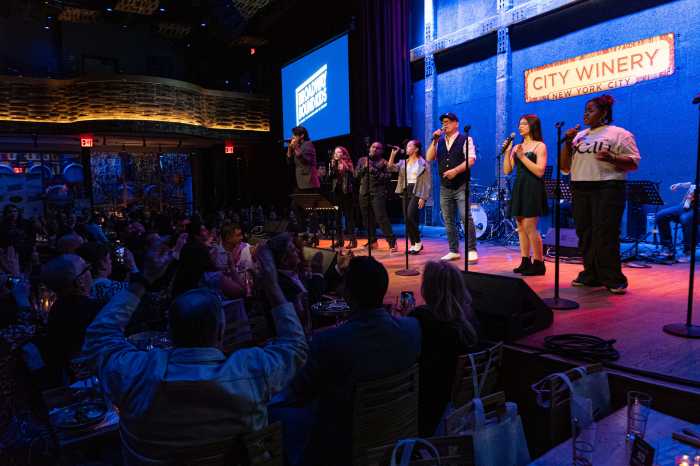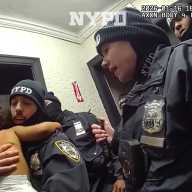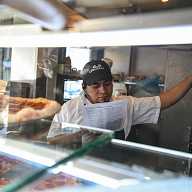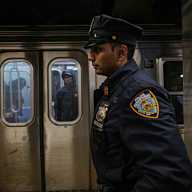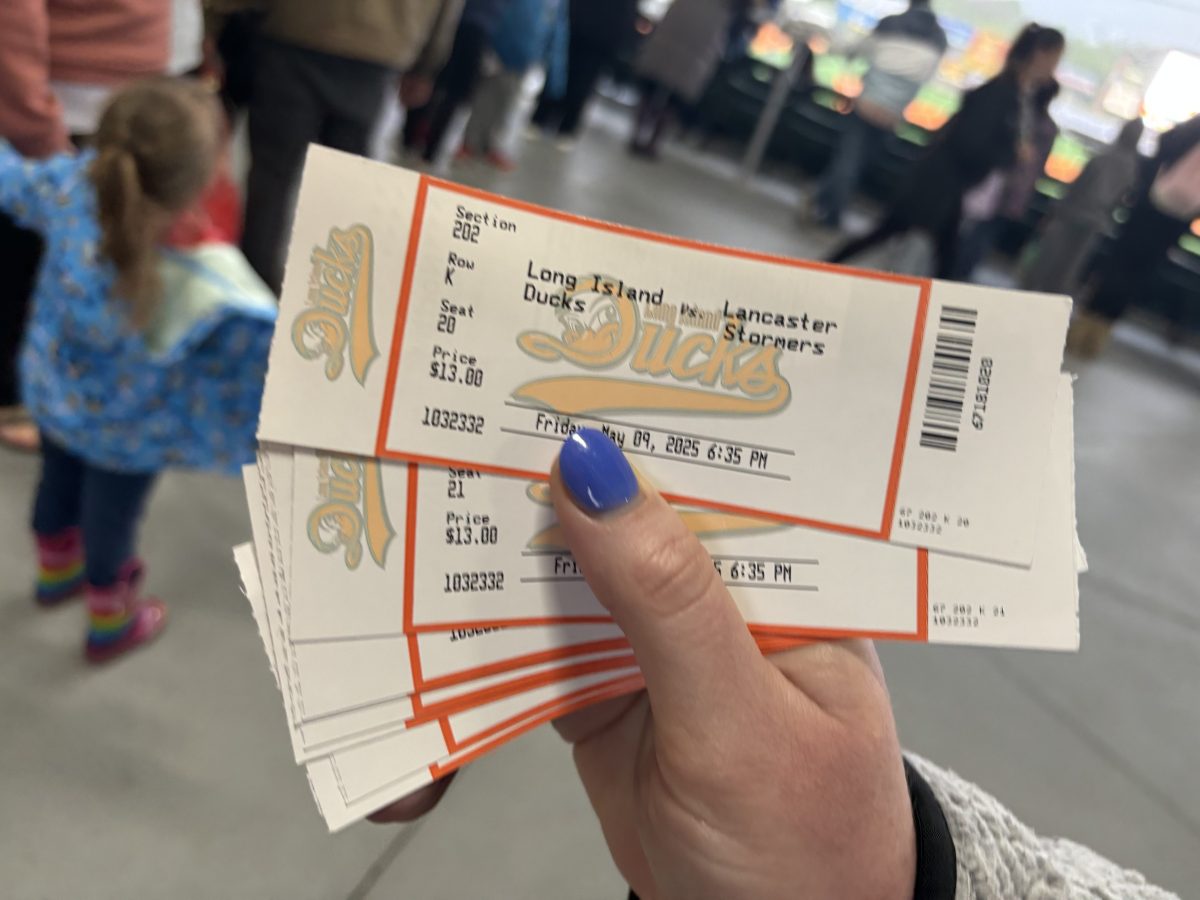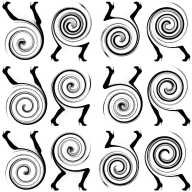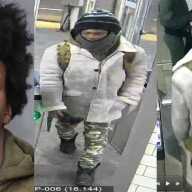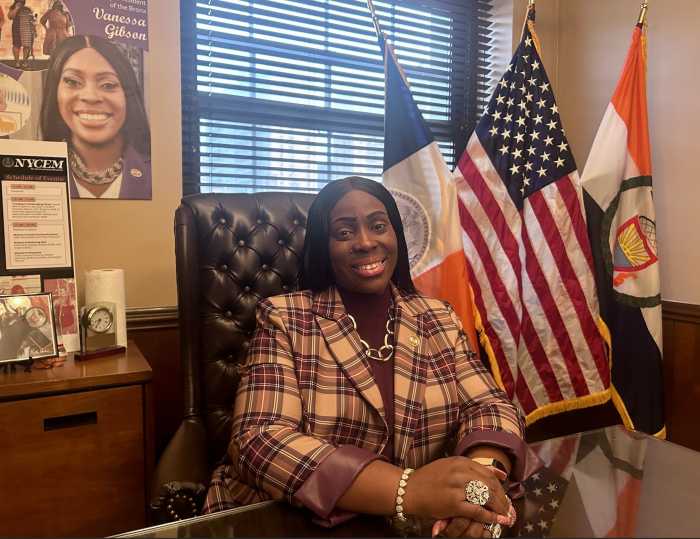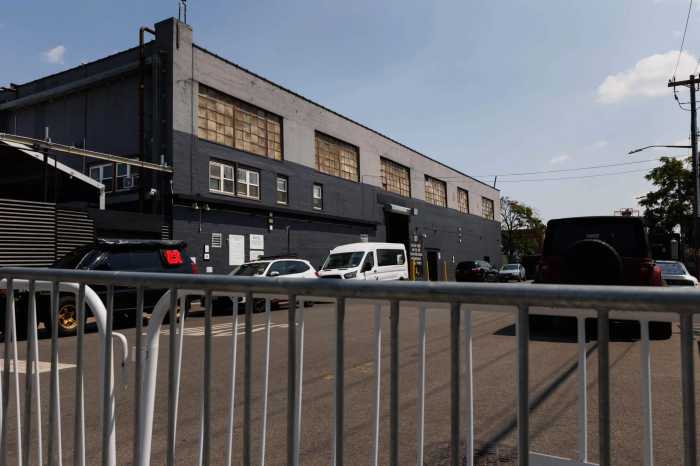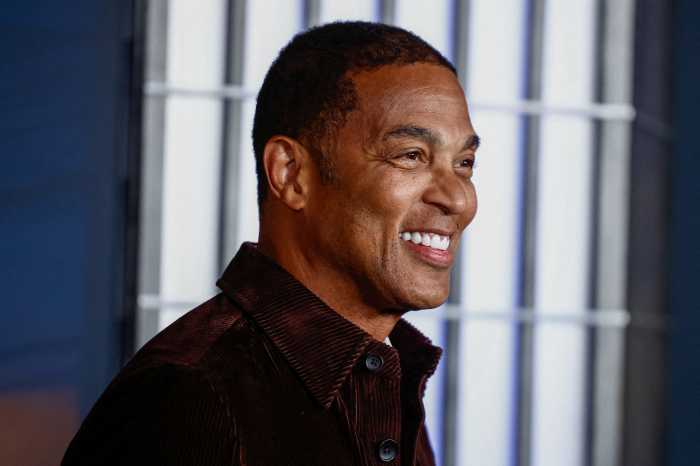Bus fare evasion might seem like a victimless crime, but it’s not. Two million daily bus customers suffer when riders skip out on paying the fare. Less revenue means less money we can spend on running better service – by hiring more operators and mechanics, modernizing our fleet, and improving frequency and reliability.
That’s why last week New York City Transit started increasing the number unarmed fare inspectors, called EAGLE teams, on board buses and at bus stops throughout the City. In the first few days of increased enforcement, they handed out tens of thousands of flyers about paying the fare and issued summonses on dozens of bus routes across the five boroughs. The new deployment is strategically focused on changing the culture of fare evasion, both when inspectors are present and not.
This was a necessary intervention. Fare evasion on buses cost the MTA $312 million in 2022, and the problem’s only gotten worse since then. As of this year, roughly 50% of riders are not paying to board, up from 21% in 2020 – and we know it’s not because they all don’t have the money. There are well-heeled New Yorkers evading a $2.90 fare just because they think they can. They will need to think again.
It’s not right and it’s deeply demoralizing to everyone who plays by the rules. New York is all about shared public spaces, and we don’t want the most important ones, like those in the transit system, to feel disorderly or lawless. Nor do we want them to feel unwelcoming or overly punitive, which is why we’re following the recommendations of the MTA’s Blue-Ribbon Panel on Fare and Toll Evasion and prioritizing equity and education alongside enforcement.
Our Reduced Fare MetroCard program offers half-priced fares for riders over 65 and those with qualifying disabilities, while the City of New York’s Fair Fares initiative provides the same benefit to low-income residents. Public school students can save by using brand-new Student OMNY Cards to get four free rides a day all year long with no time restrictions.
And of course, everyone can take advantage of the weekly fare cap, which gives riders all the benefits of a 7-Day Unlimited MetroCard without paying in advance when they use the same contactless card or device for every trip.
Bottom line: a fare is required to ride. We want folks to keep taking the bus, but we won’t be able to run the frequent and efficient service New Yorkers deserve unless everyone pays their fair share. Your paying to ride along with fellow New Yorkers keeps us all moving together.
Read more: MTA Ends Free Bus Program Despite Higher Ridership Numbers
